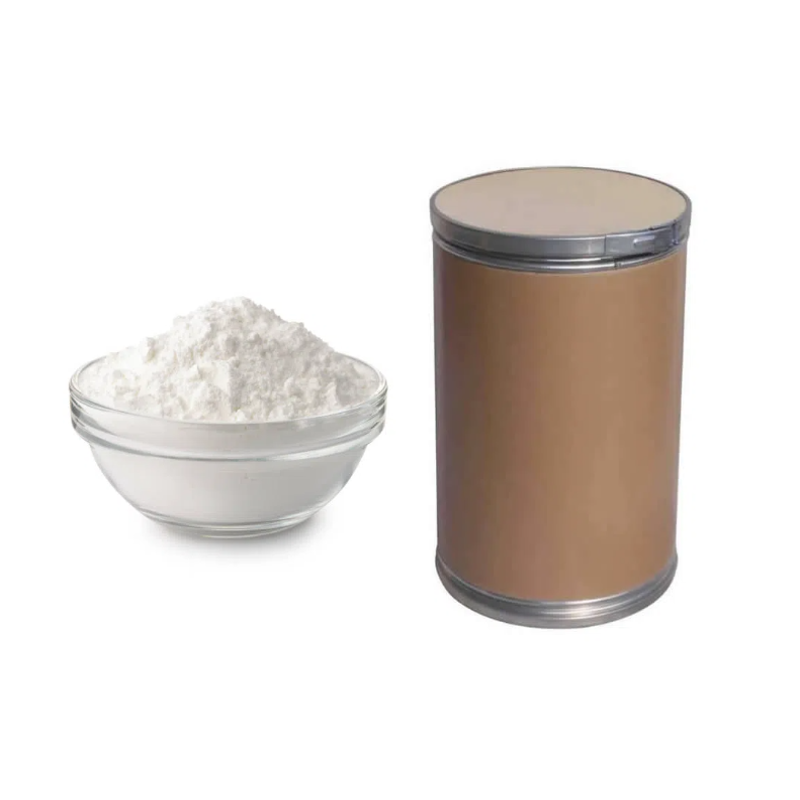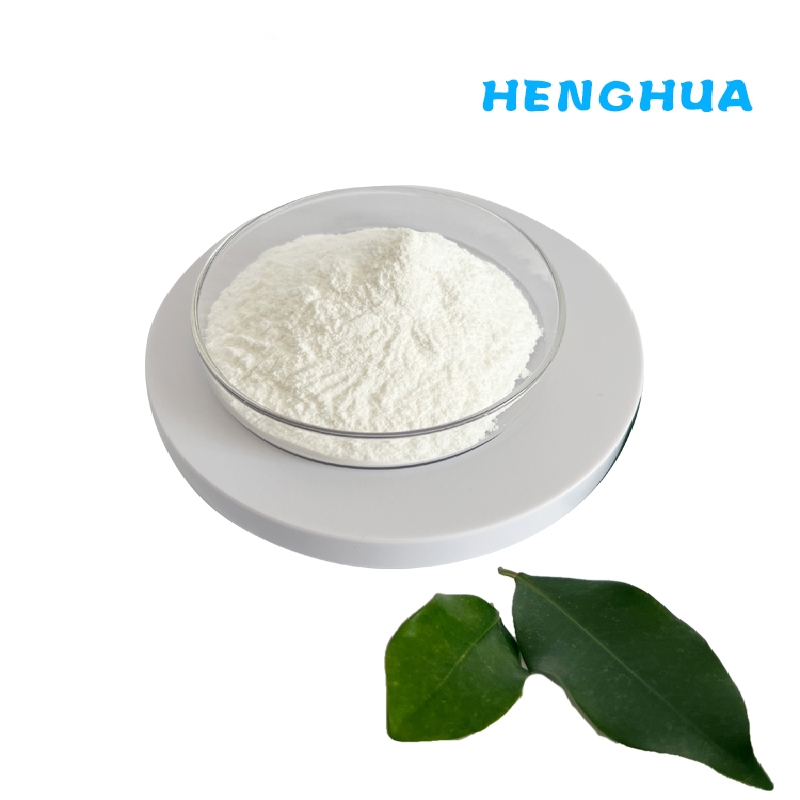-
Categories
-
Pharmaceutical Intermediates
-
Active Pharmaceutical Ingredients
-
Food Additives
- Industrial Coatings
- Agrochemicals
- Dyes and Pigments
- Surfactant
- Flavors and Fragrances
- Chemical Reagents
- Catalyst and Auxiliary
- Natural Products
- Inorganic Chemistry
-
Organic Chemistry
-
Biochemical Engineering
- Analytical Chemistry
-
Cosmetic Ingredient
- Water Treatment Chemical
-
Pharmaceutical Intermediates
Promotion
ECHEMI Mall
Wholesale
Weekly Price
Exhibition
News
-
Trade Service
▎Editor of WuXi PharmaTech Content Team On August 20, 2021, Bristol Myers Squibb (BMS) announced that the US FDA has approved its PD-1 inhibitor nivolumab (nivolumab, the English product name is Opdivo) As an adjuvant therapy, patients with urothelial cancer (UC) who have undergone resection and have a high risk of recurrence, regardless of whether they have received neoadjuvant cisplatin chemotherapy, whether the lymph nodes are involved, or their PD-L1 status
.
The press release states that nivolumab is the first PD-1 inhibitor approved for adjuvant treatment of urothelial cancer
.
This approval is based on the positive results of the Phase 3 clinical trial CheckMate-274
.
The trial reached the primary endpoint.
The median disease-free survival (DFS) of the nivolumab group was nearly twice that of the placebo group, 20.
8 months [95% CI: 16.
5-27.
6] and 10.
8 months [95%] CI: 8.
3~13.
9]
.
In addition, compared with placebo, the risk of disease recurrence or death in the nivolumab group was reduced by 30% ([HR]0.
70, 95% CI: 0.
57-0.
86; P=0.
0008)
.
In patients with tumors expressing PD-L1≥1%, the risk of disease recurrence or death in the nivolumab group was reduced by 45% ([HR]0.
55, 95% CI: 0.
39~0.
77; P=0.
0005)
.
The median DFS in the nivolumab group has not yet reached (95% CI: 21.
2 to NE; n=140), and the placebo group is 8.
4 months (95% CI: 5.
6 to 21.
2; n=142)
.
In terms of safety, 18% of patients had adverse reactions leading to drug withdrawal, and 33% of patients delayed treatment due to adverse reactions
.
Serious adverse reactions occurred in 30% of patients
.
The most common (≥2%) serious adverse reaction is urinary tract infection
.
The most common (≥20%) adverse reactions were rash (36%), fatigue (36%), diarrhea (30%), itching (30%), musculoskeletal pain (28%), and urinary tract infection (22%)
.
Urothelial cancer most often originates in cells inside the bladder and is the 10th most common cancer in the world, with approximately 550,000 newly diagnosed cases each year
.
In addition to the bladder, urothelial cancer can occur in other parts of the urinary tract, including the ureter and renal pelvis
.
Although most urothelial cancers can be diagnosed at an early stage, the recurrence rate and disease progression rate are relatively high
.
More than 50% of patients undergoing resection will have disease recurrence
.
The prognosis of patients with metastatic cancer is poor.
When receiving systemic treatment, the median overall survival is about 12 to 14 months
.
Mr.
Adam Lenkowsky, General Manager of Cardiovascular, Immunology and Oncology, Bristol-Myers Squibb USA, said: “Nivolumab became the first PD-1 inhibitor approved for adjuvant treatment of urothelial cancer
.
With this progress , We can provide new hope for medical staff and patients
.
"Reference: [1] US Food and Drug Administration Approves Opdivo® (nivolumab) for the Adjuvant Treatment of Patients with High-Risk Urothelial Carcinoma.
Retrieved August 20, 2021, from https:// home/20210820005285/en/US-Food-and-Drug-Administration-Approves-Opdivo%C2%AE-nivolumab-for-the-Adjuvant-Treatment-of-Patients-with-High-Risk-Urothelial-Carcinoma Note: This article It is intended to introduce the progress of medical and health research, not a treatment plan recommendation
.
If you need treatment plan guidance, please go to a regular hospital for treatment
.
.
The press release states that nivolumab is the first PD-1 inhibitor approved for adjuvant treatment of urothelial cancer
.
This approval is based on the positive results of the Phase 3 clinical trial CheckMate-274
.
The trial reached the primary endpoint.
The median disease-free survival (DFS) of the nivolumab group was nearly twice that of the placebo group, 20.
8 months [95% CI: 16.
5-27.
6] and 10.
8 months [95%] CI: 8.
3~13.
9]
.
In addition, compared with placebo, the risk of disease recurrence or death in the nivolumab group was reduced by 30% ([HR]0.
70, 95% CI: 0.
57-0.
86; P=0.
0008)
.
In patients with tumors expressing PD-L1≥1%, the risk of disease recurrence or death in the nivolumab group was reduced by 45% ([HR]0.
55, 95% CI: 0.
39~0.
77; P=0.
0005)
.
The median DFS in the nivolumab group has not yet reached (95% CI: 21.
2 to NE; n=140), and the placebo group is 8.
4 months (95% CI: 5.
6 to 21.
2; n=142)
.
In terms of safety, 18% of patients had adverse reactions leading to drug withdrawal, and 33% of patients delayed treatment due to adverse reactions
.
Serious adverse reactions occurred in 30% of patients
.
The most common (≥2%) serious adverse reaction is urinary tract infection
.
The most common (≥20%) adverse reactions were rash (36%), fatigue (36%), diarrhea (30%), itching (30%), musculoskeletal pain (28%), and urinary tract infection (22%)
.
Urothelial cancer most often originates in cells inside the bladder and is the 10th most common cancer in the world, with approximately 550,000 newly diagnosed cases each year
.
In addition to the bladder, urothelial cancer can occur in other parts of the urinary tract, including the ureter and renal pelvis
.
Although most urothelial cancers can be diagnosed at an early stage, the recurrence rate and disease progression rate are relatively high
.
More than 50% of patients undergoing resection will have disease recurrence
.
The prognosis of patients with metastatic cancer is poor.
When receiving systemic treatment, the median overall survival is about 12 to 14 months
.
Mr.
Adam Lenkowsky, General Manager of Cardiovascular, Immunology and Oncology, Bristol-Myers Squibb USA, said: “Nivolumab became the first PD-1 inhibitor approved for adjuvant treatment of urothelial cancer
.
With this progress , We can provide new hope for medical staff and patients
.
"Reference: [1] US Food and Drug Administration Approves Opdivo® (nivolumab) for the Adjuvant Treatment of Patients with High-Risk Urothelial Carcinoma.
Retrieved August 20, 2021, from https:// home/20210820005285/en/US-Food-and-Drug-Administration-Approves-Opdivo%C2%AE-nivolumab-for-the-Adjuvant-Treatment-of-Patients-with-High-Risk-Urothelial-Carcinoma Note: This article It is intended to introduce the progress of medical and health research, not a treatment plan recommendation
.
If you need treatment plan guidance, please go to a regular hospital for treatment
.







